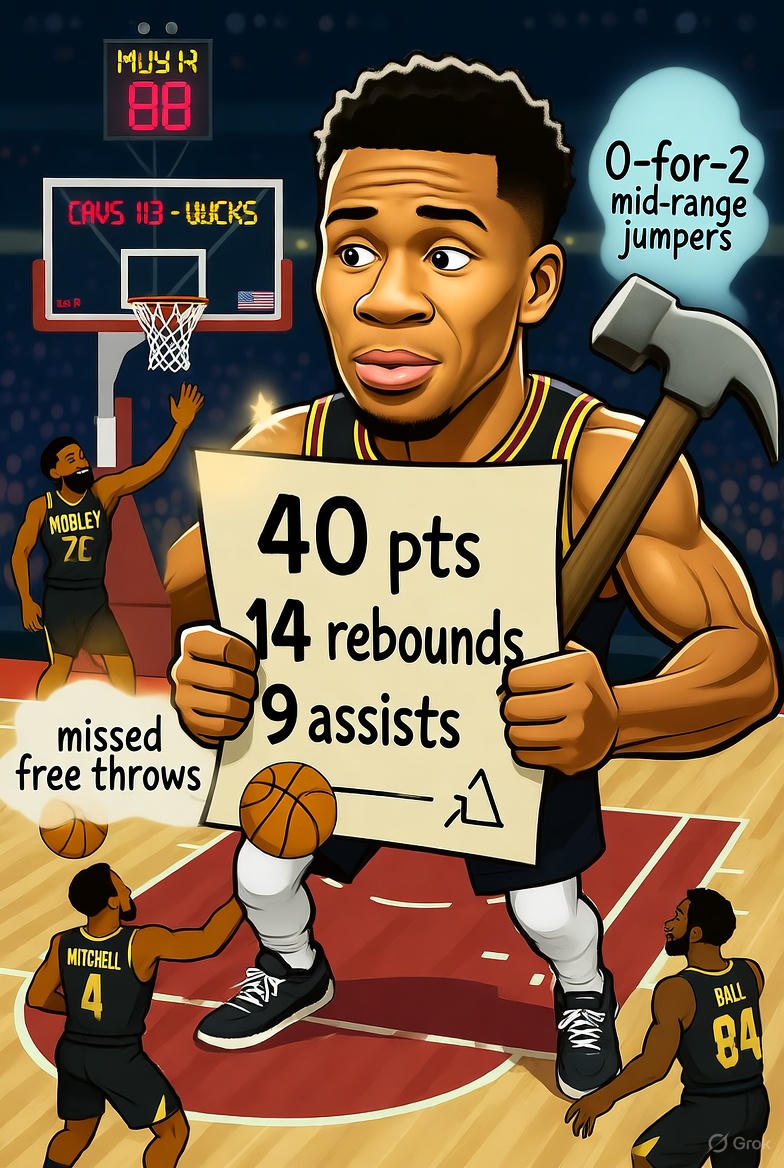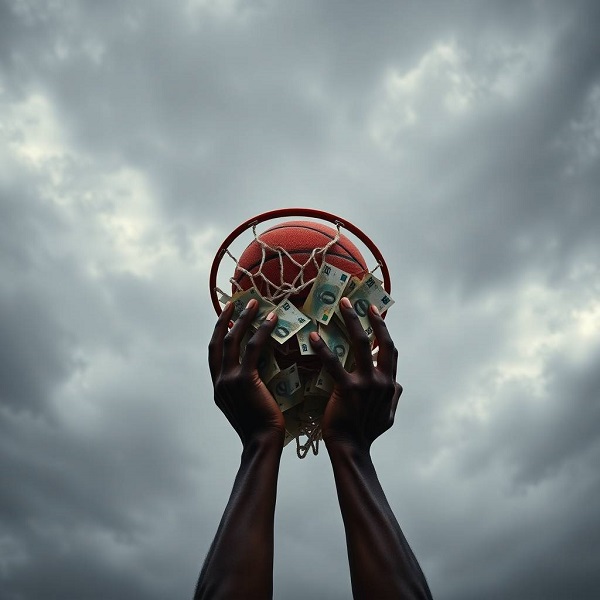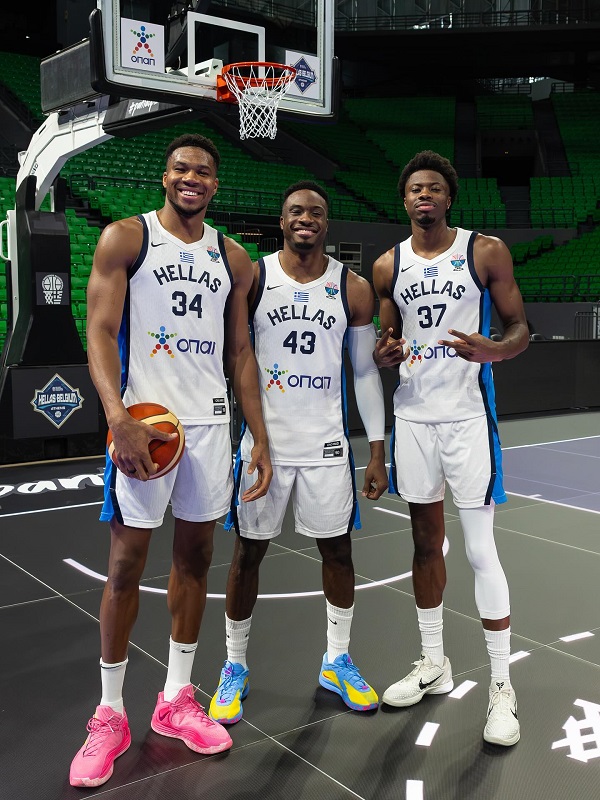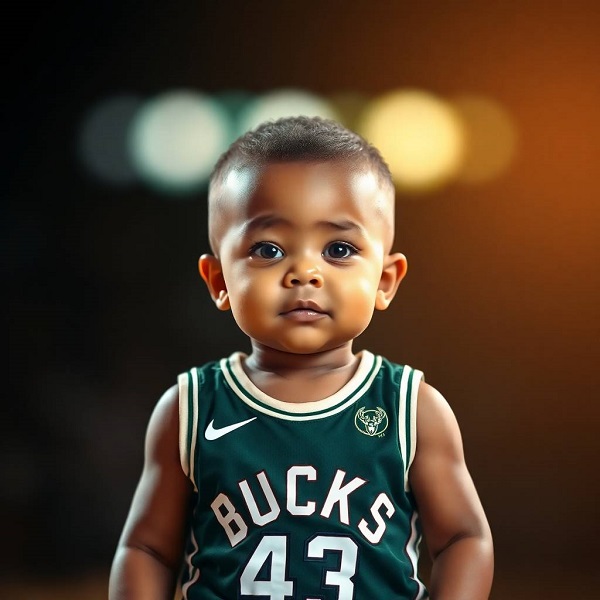On paper, Giannis Antetokounmpo dropped another monster stat line—40 points, 14 rebounds, 9 assists, nearly a triple-double with 2 steals and 2 blocks to boot. He shot an absurd 70% from the field (14-20 FG) and was basically a walking highlight reel. Stats don’t tell the whole story. Last night at Rocket Mortgage FieldHouse, amid a shorthanded roster (no Kevin Porter Jr., Cole Anthony, or Kyle Kuzma), Giannis performance had some cracks that the Cavs exploited like a leaky defense in pickup ball.

The Shooting Splits: Efficient, But Not Elite
Giannis finished 14-of-20 from the field, which sounds like vintage Freak mode. But peel back the layers: That efficiency was built on paint dominance (think drives and putbacks), not the all-around threat we saw in his prime. He went 1-of-1 from deep—cool, but one attempt? In a game where Cleveland’s perimeter defense sagged off him just enough to dare a jumper, he didn’t test them. Last season, he averaged over 2 three-point attempts per game; here, it was a measly one. The Cavs packed the lane with Evan Mobley (23 points, 8 boards) and Jarrett Allen, forcing Giannis into that 11-of-16 free-throw line trip. Solid? Sure. But 69% from the stripe (11-16) isn’t closing territory—those five misses at the line were daggers in a five-point defeat.
And don’t get me started on true shooting percentage. At 74%, it’s good, but in a high-volume night like this, you’d want north of 80% to drag a depleted Bucks squad over the finish line. Donovan Mitchell (24 points, including 10 in the clutch fourth) and Sam Merrill (17 off the bench, tying Giannis for game-high at halftime) feasted because Giannis couldn’t stretch the floor. He again had 0/2 from mid range, exactly like previous two games of the season. Pathetic and it’s killing his team.
Rebounding: Volume Without Victory
Fourteen boards? That’s Giannis being Giannis—aggressive, physical, snatching every loose ball like it’s his birthright. But here’s the rub: The Bucks got out-rebounded 51-44 overall, with Cleveland grabbing seven more on the offensive glass for second-chance points that proved fatal. Giannis had the volume, but where were the contested boards against Mobley, who boxed him out masterfully? Midway through the third, the Cavs led the rebound battle 30-17 while up by 16. Milwaukee clawed back to tie it late, but those early misses on the glass let Cleveland build a cushion Giannis spent the whole second half erasing… only for it to slip away.
It’s like having the biggest hammer in the toolbox but forgetting the nails. The Bucks needed team rebounding to fuel transition buckets, but with Giannis logging heavy minutes (likely 38+), fatigue crept in.

Playmaking: Assists Galore, But Turnovers Tell a Different Tale
Nine dimes? Chef’s kiss. Giannis orchestrated like a maestro, finding cutters and kick-outs that kept Milwaukee in it during their third-quarter surge (they outscored Cleveland 34-24 to cut an 18-point deficit). But—and this is a big but—the Bucks coughed up 18 turnovers, leading to 24 Cleveland points. Giannis isn’t blameless here; in a game where ball-handling was thin without Porter and Anthony, he forced a few drives into traffic, resulting in live-ball turnovers that Mobley and Co. turned into fast breaks.
Remember that stretch in the second quarter where the Cavs ballooned their lead to 11 at half? A handful of those came off Milwaukee’s sloppiness, with Giannis’s aggressive style (love it, but risky) contributing. Cleveland had 10 steals—Lonzo Ball snagged a couple off high screens—and turned them into easy buckets. Assists are flashy, but in a one-possession game, those extra possessions killed the Bucks.
The Intangibles: Fatigue, Fouls, and Fourth-Quarter Fade
Giannis was probable with a toe sprain coming in, and you could see it in the fourth: He carried the load, scoring 12 of Milwaukee’s final 20, but the Bucks went ice-cold around him. With the game tied at 98, Cleveland ripped off a 7-0 run—Hunter’s step-back, Ball’s dagger three, Mitchell’s mid-ranger—and Giannis couldn’t buy a bucket in the final two minutes. He split free throws with 1:01 left to make it 112-107, but by then, the legs were gone.
Fouls, too: Giannis picked up his fourth late, limiting his aggression. And let’s be real—the Cavs were shorthanded too (no Darius Garland or Max Strus), yet their depth shone. Four guys in double figures (Mitchell, Mobley, Merrill, De’Andre Hunter at 17), while Milwaukee leaned hard on Giannis. Gary Trent Jr. added 19, but no one else cracked 15. It’s superstar isolation at its finest… and most frustrating.

Averaging 36 points, 16 boards, and 7 assists on 68% shooting to start the season? But he is not helping the team. Look at the plus minus box. In a league where balanced rosters (shoutout to Cleveland’s committee approach) beat top-heavy ones, Giannis’ way of playing masked systemic issues: injuries, turnovers, poor rebounding team-wide, and a lack of spacing that let the Cavs collapse without fear.
This loss stings because it was winnable—Bucks shot 50.6% to Cleveland’s 44.8%, but free throws (Cavs +8) and boards sealed it. Giannis was again non existent from mid range and terrible at free throws. Anyway you look at it, this is NOT a boxscore to be proud of.















